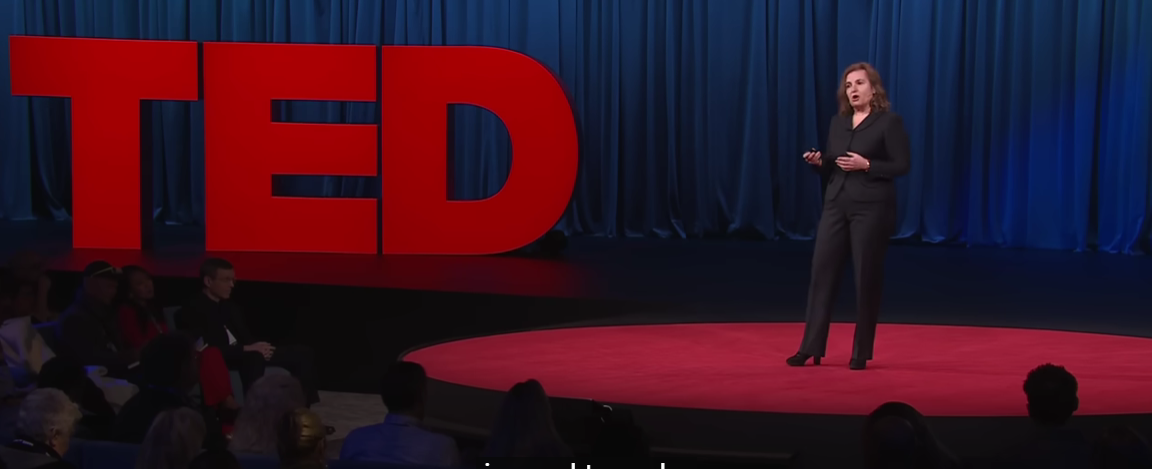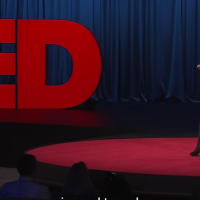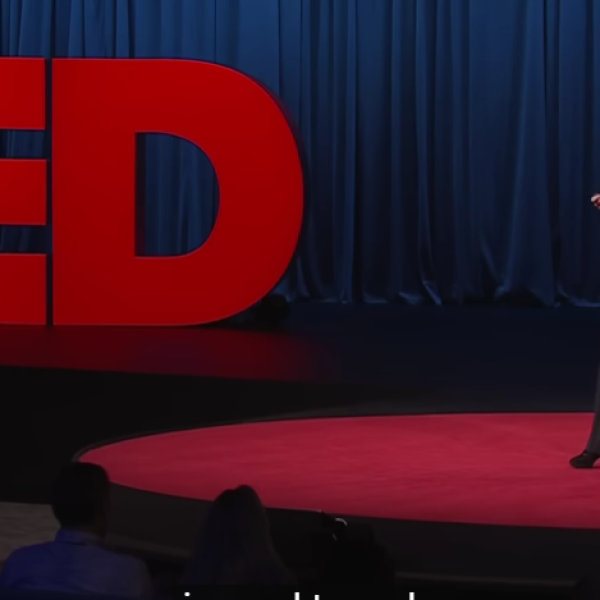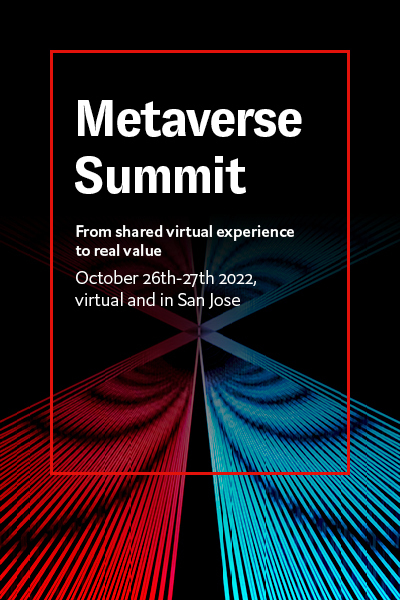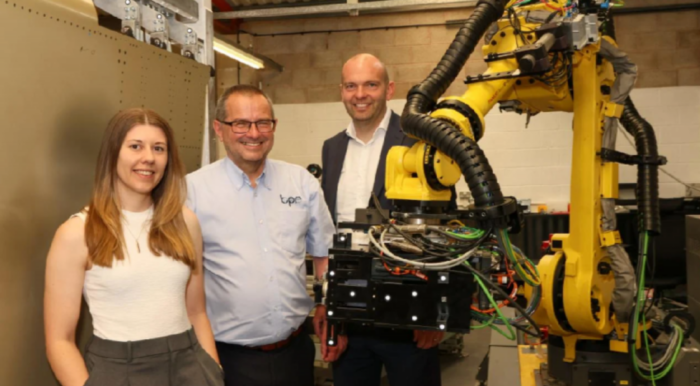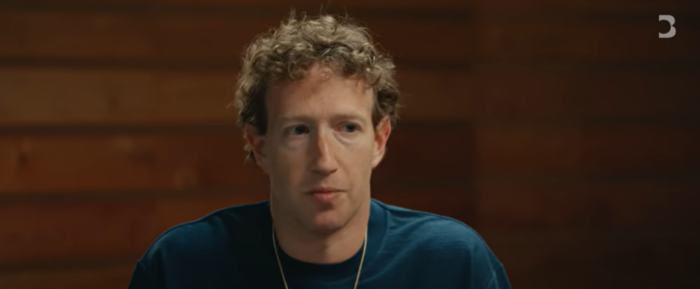- Last modified: May 23, 2024
Daniela Rus is a professor of computer science and engineering at MIT, where she leads the Computer Science and Artificial Intelligence Laboratory (CSAIL). Her pioneering work explores how to bring AI into the physical world through robotics.
In her recent TED talk, Rus describes her vision for “physical intelligence” — fusing the capabilities of AI with the dexterity of robots.
“Moving AI from the digital world into the physical world is making machines intelligent and leading to the next great breakthrough, what I call physical intelligence,” she said.
A key innovation is Rus’ “liquid networks” — a new type of AI inspired by the simple neural networks of worms.
“Liquid networks result in much more compact and explainable solutions than today’s traditional AI solutions,” Rus explained. These liquid networks can adapt based on new inputs, unlike traditional frozen AI models.
Rus demonstrated the potential, showing how liquid networks excel at vision tasks like detecting objects in varied environments.
“Liquid networks do not get confused by the background and very successfully execute the task,” she said.
Beyond just perceiving the world, Rus believes AI can also design and fabricate robots tailored for specific tasks. Her lab has developed systems that can “transform text into images and to transform images into robots.” From a simple prompt like “Make me a robot that can walk forward,” they can generate designs, simulate them, and then 3D print functional robotic creatures.
Ultimately, Rus sees robots that can “learn from humans how to do tasks” by capturing data on human movement and techniques.
“The end result is machines that move with grace and agility, as well as adapt and learn,” she said. This “physical intelligence” could lead to personal robot assistants optimized for our needs.
While excited about the potential, Rus urges “we need human guiding hands over AI sooner rather than later, we remain responsible for this planet and everything living on it.” With innovators like Rus leading the way, the future of AI lies not just in digital realms, but in walking, rolling, and flying robots that can extend human capabilities in astounding ways.
Featured image: Credit: TED

